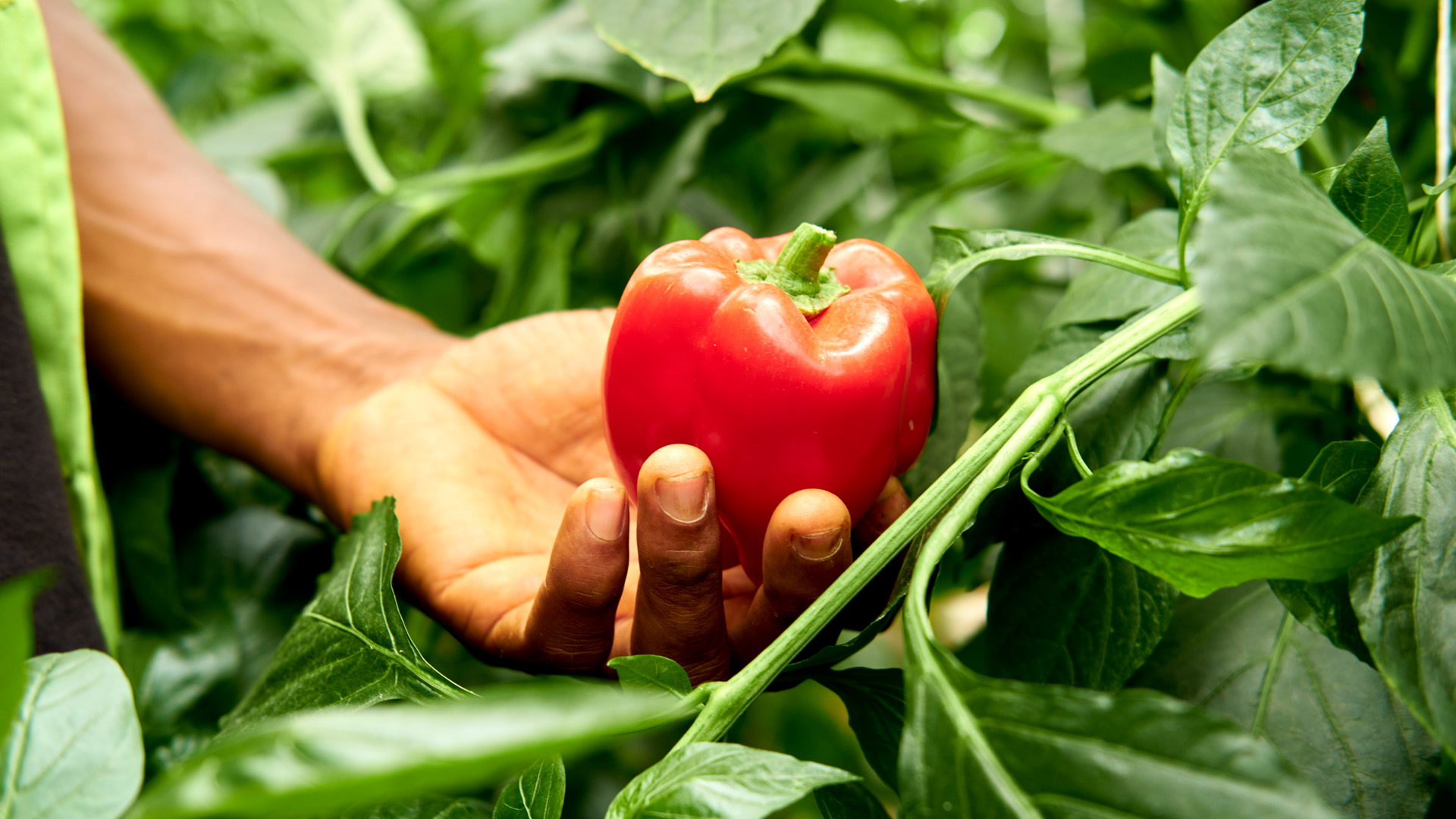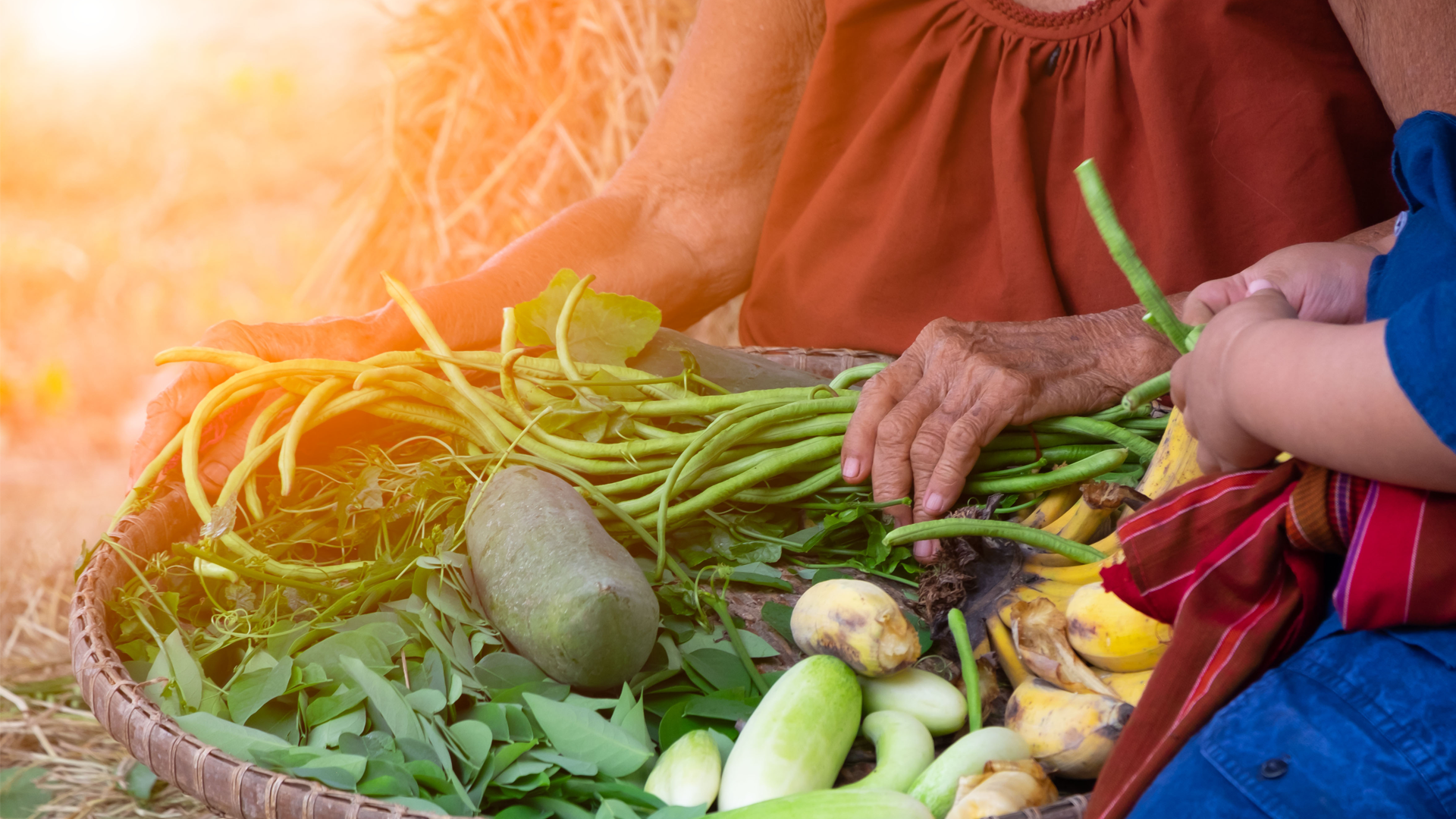Cultivating Change Gathering: Regenerative and Agroecological Food Systems Transformation
Over 120 participants met in Arusha, Tanzania, for the Cultivating Change Gathering
Dates: 4 – 7 June 2024
Location: Arusha, Tanzania
The Global Alliance for the Future of Food, together with the Tanzania Ministry of Agriculture, Biovision Foundation, and the Agroecology Coalition, had the privilege to organize the ‘Cultivating Change Gathering’ in Arusha, Tanzania, from 4-7 June.
The convening brought together 120 agroecology and food systems partners from civil society, farmer organizations, government officials, researchers, and donors.
Global food systems are responsible for 15% of all fossil fuel emissions every year. To align food systems with the 1.5ºC goal of the Paris Agreement, we need to phase out fossil fuel use in industrial agriculture and transition toward agroecology and regenerative approaches that support communities, protect livelihoods and tackle the intersecting crises of climate change and biodiversity loss. This requires a rapid redirection of funds from current harmful subsidies and a tenfold annual increase in existing investments towards agroecology and regenerative approaches.
The Cultivating Change Gathering is part of efforts to build on a co-design process with partners on the ground in key countries and regions.
Some takeaways from the meeting:
🌍🍃 There is real momentum to integrate agroecological and regenerative approaches into national agriculture policies. Tanzania’s groundbreaking new strategy is one example: The National Ecological Organic Agriculture Strategy (NEOAS), developed in partnership between the government and civil society, shows the political appetite for food systems transformation that serves communities, improves and sustains soil and land health, and is grounded in the local context.
Other countries in Eastern Africa like Kenya, Uganda and Rwanda are developing similar strategies.
💰 Aligning philanthropic, bilateral and multilateral funding at all levels to unlock billions each year in global finance towards this transition is essential to ensure plans turn into actions.
The urgency to move away from intensive, fossil-fuel-based food systems to agroecological and regenerative approaches requires a radical and rapid redirection of funding.
⚖ Agroecology and regenerative approaches must be rooted in social and economic justice: respecting land rights, upholding equity and centering local communities and Indigenous Peoples in all decision-making.
📈 Funding and support must extend to developing new markets and the demand for sustainably-produced food, leveraging policy to boost locally-led initiatives and to shift power to cooperatives which can serve as a fulcrum for change.
💻🎙️We need new models for knowledge dissemination, information exchange and skills-sharing to ensure learning across communities, across regions and across countries that can build on existing knowledge and elevate the evidence of agroecology.
🤝🤝🏽 There is a growing and diverse partnership in the agroecological movement. We must mobilize funding and support to expand the movement and uplift narratives of a solutions-focused food system that responds to the polycrisis.
Learn more about the efforts to scale agroecology and regenerative approaches and the call to action by a growing coalition of philanthropies to increasing funding to transform food systems.

Full report: Cultivating Change
In 2023, the Global Alliance along with over two dozen philanthropic partners launched an initiative to explore strategies to accelerate and scale agroecology and regenerative approaches. This updated report explores in detail what's needed to transition a costly global food system into one that is regenerative, renewable, resilient, interconnected, healthy, equitable, and inclusive.
Read the report (pdf)
Multimedia version: Cultivating Change
Based on the full report, read highlights mapping out the costs to transition from existing fossil fuel-based food systems to scaling out agroecology, with case studies and evidence of success from communities in Andhra Pradesh, India; Kenya; Brazil; and Kansas, USA.
Multimedia version with key insightsStart making an impact with us
Subscribe to receive all the latest updates straight to your inbox

